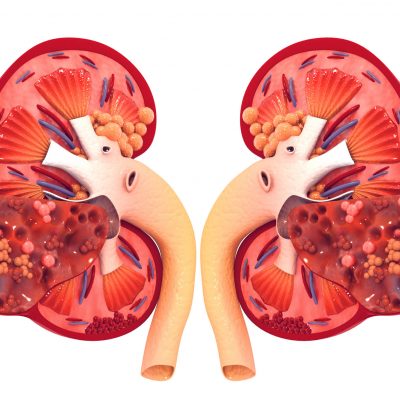What causes kidney failure?
In most cases, kidney failure is caused by other health problems that have done permanent damage (harm) to your kidneys little by little, over time.
When your kidneys are damaged, they may not work as well as they should. If the damage to your kidneys continues to get worse and your kidneys are less and less able to do their job, you have chronic kidney disease. Kidney failure is the last (most severe) stage of chronic kidney disease. This is why kidney failure is also called end-stage renal disease, or ESRD for short.


What are the symptoms of kidney failure?
You may notice one or more of the following symptoms if your kidneys are beginning to fail:
- Itching
- Muscle cramps
- Nausea and vomiting
- Not feeling hungry
- Swelling in your feet and ankles
- Too much urine (pee) or not enough urine
- Trouble catching your breath
- Trouble sleeping
If your kidneys stop working suddenly (acute kidney failure), you may notice one or more of the following symptoms:
- Abdominal (belly) pain
- Back pain
- Diarrhea
- Fever
- Nosebleeds
- Rash
- Vomiting


